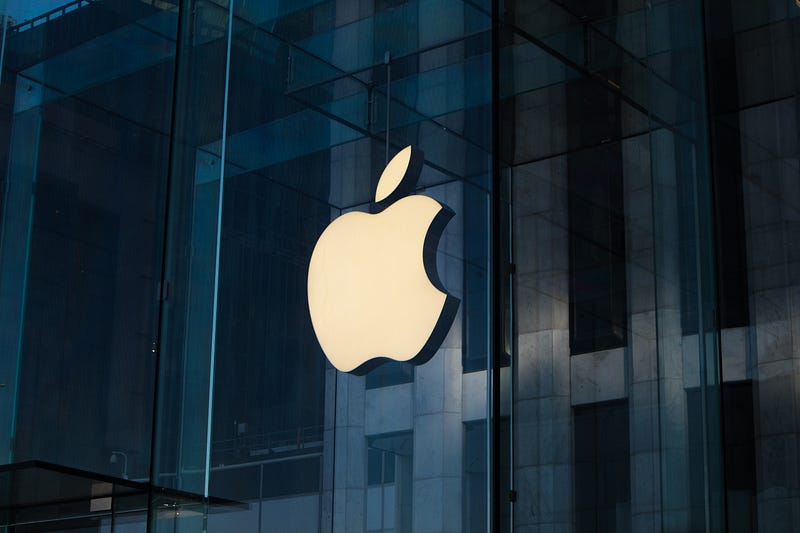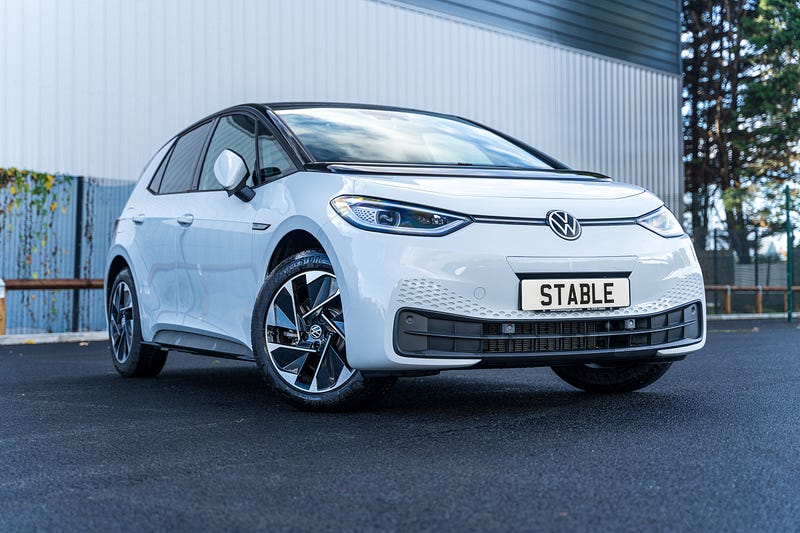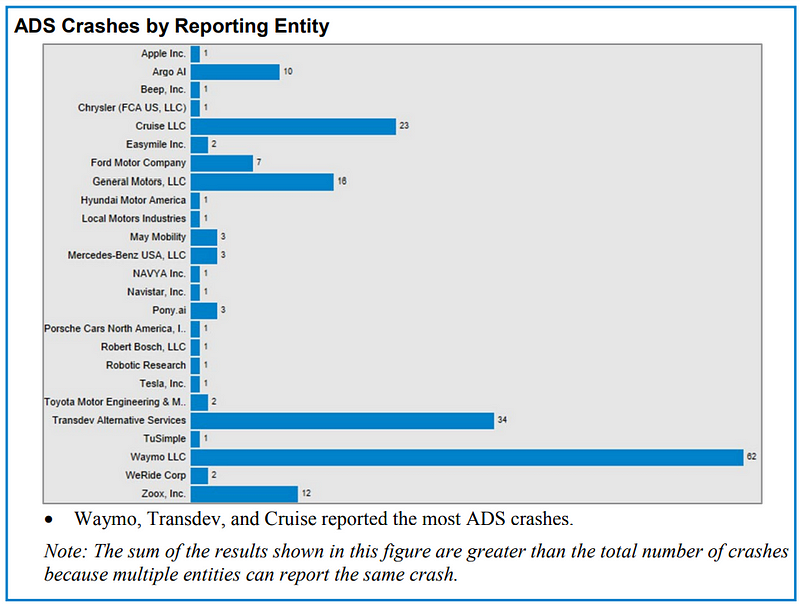The Future of Apple's Automotive Aspirations: What's Next?
Written on
The Current Landscape of Apple's Car Project
Although Apple has been developing its automotive project for nearly ten years, the company is not prepared to introduce its own vehicle at this time.

Following my previous discussion regarding Apple CarPlay, where I speculated on Apple's potential competition with Tesla, I want to delve deeper into the future of vehicle operating systems and user interfaces in the coming years.
Status Quo and Challenges
Most traditional automotive manufacturers struggle with establishing a robust operating system for their vehicles. They find it challenging to integrate the new features necessary for managing the components of future electric vehicles, including battery management systems. Over the past few decades, as cars have evolved with automated features like ABS and driver assistance technologies, third-party components have been integrated using proprietary controllers, complicating the overall architecture of the vehicle's wiring and software.
This integration presents significant difficulties, particularly for established companies with entrenched manufacturing processes that resist change. Startups, in contrast, may be better positioned to tackle these challenges from a fresh perspective.
Volkswagen's Software Struggles
Take Volkswagen, for instance, one of the world's largest legacy automakers. A quick search for "Volkswagen software issues" reveals numerous reports detailing software problems with their newer models, including the Golf and electric ID.3 and ID.4.
In 2020, Volkswagen invested 7 billion euros to establish "Cariad," a dedicated software subsidiary, but recent reports indicate that progress has not met expectations. Concerns have been raised regarding the company's ability to keep pace with competitors in the rapidly evolving mobility landscape, prompting discussions of "serious management errors" during board meetings.

While Volkswagen has proposed collaborations with Apple as a potential solution, it is clear that automotive companies must develop their own software capabilities to remain competitive.
Apple's Strategic Vision
In a recent interview, Dave Lee spoke with Mark Gurman, offering insights into Apple's automotive ambitions. It appears that Apple is not yet prepared to release its own car. Despite nearly a decade of development, the project has experienced fluctuations, with a shift in focus toward software rather than hardware.
Lee emphasized the risks associated with launching an automotive product, noting the stringent regulatory requirements and the potential consequences of vehicle accidents, which could jeopardize Apple's hard-earned reputation for quality and safety.
However, Apple is not a startup like Lucid or Rivian. The company possesses substantial expertise in supply chain management, component logistics, and consumer product marketing. With significant financial resources, they are uniquely positioned to introduce a new product line.
Competing with Tech Giants
Additionally, tech giants like Google and Amazon have made significant investments in the automotive industry, with Amazon backing Rivian and Google developing its autonomous ride-hailing service, Waymo. Apple cannot afford to fall behind in this tech-driven market segment.
The first video titled "Why Apple will build a car" explores the potential future of Apple's automotive endeavors and the implications of their current strategies.
Software First, Hardware Later
Apple's immediate focus will likely remain on software, with the possibility of unveiling a car later this decade. Apple CarPlay, which has been around for nearly ten years, is expected to see significant expansion as more manufacturers adopt the latest features introduced at WWDC 2022.
Furthermore, Apple may be working on self-driving software for third-party applications, as suggested by recent NHTSA reports that included information about a crash involving Apple’s automated driving system.

Apple's approach could mirror how they rolled out Apple TV+. They have their own set-top box but also license the Apple TV+ app to third-party manufacturers. This strategy may extend to automotive applications, allowing Apple to maintain relevance in a competitive market.
Time is of the Essence
In my view, Apple must act swiftly. If Tesla's path toward autonomy proves successful, competitors will require vast amounts of data to train their AI models. Tesla has been collecting this data for years through onboard cameras, making it challenging for new entrants to catch up quickly.
Ultimately, the future of the automotive market will hinge on self-driving technology. Aesthetics and user interface design will take a backseat to the advancements in autonomy that consumers will prioritize.
If you found this analysis insightful, you might also enjoy:
Tesla’s Indonesian Connection — What’s Going On?
While Elon Musk's meetings with Indonesian officials and President Widodo have been publicly announced, the real plans…
Also, for more quality content from me and other writers, consider joining the platform using my referral link here.
The second video titled "No More Apple Car? - Small Talks (Real World Review)" discusses the current state of Apple's automotive ambitions and the challenges ahead.